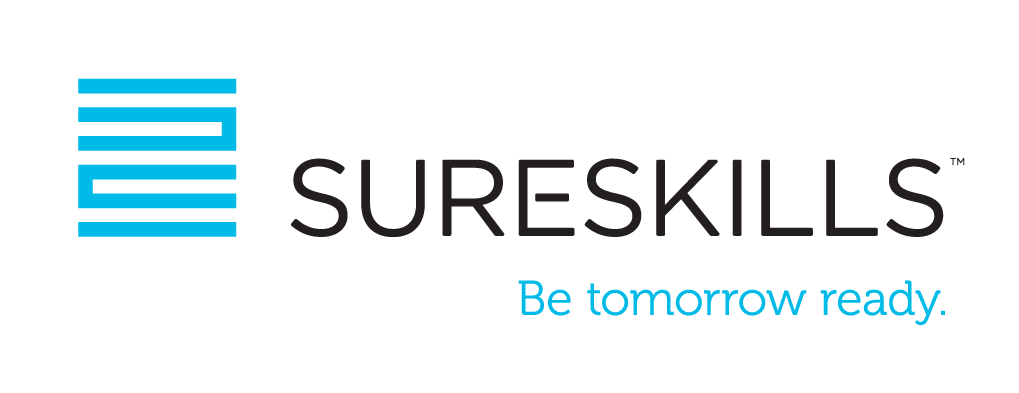Learn to Grow Shorts: Learnership and the Power of Interdisciplinarity
Learn to Grow Shorts – Learnership and the Power of Interdisciplinarity
Welcome to another Learn to Grow Shorts, where I reflect on a topic of particular interest from my most recent conversation—and today I’m looking back on my discussion with Ed Monk, CEO of the Learning and Performance Institute.
Ed shared a concept he’s been thinking deeply about: learnership. It’s not just a skillset—it’s a mindset. A way of leading through learning, rooted in humility, authenticity, and curiosity. I liked this for a couple of reasons.
First, it reframes leadership not as having all the answers, but as being willing to learn alongside your team. It’s about being in the trenches—not removed or above, but shoulder to shoulder. That kind of hands-on, learning-first leadership builds trust and sets the tone for a learning culture.
Second, I see learnership as a form of interdisciplinarity—the ability to take ideas from one domain and apply them creatively to another. And in a world where so much is being automated, that ability is one of the great, uniquely human skills that can't be replaced.
Let me give you a few examples.
Take Velcro. It exists because a Swiss engineer noticed how burrs clung to his dog’s fur on a hike. That spark of curiosity led to a design principle inspired by nature—what we now call biomimicry: the practice of studying and imitating nature’s strategies to solve human problems.
Or think about platforms like Khan Academy or Duolingo. They combine game design with education—levels, challenges, feedback loops—to make learning feel like progress. Gamification has revolutionized learning by making it more active, rewarding, and sticky.
And the most intuitive apps we use today—Spotify, for example—aren’t just built with tech in mind. They’re infused with behavioral science and psychology, designed to feel frictionless and familiar.
These are all examples of how learning across disciplines gives us an edge. And when leaders embrace that mindset—when they see themselves not just as experts but as learners—it unlocks creativity, resilience, and adaptability.
Because the future doesn’t belong to those who know everything. It belongs to those who are willing to keep learning.


